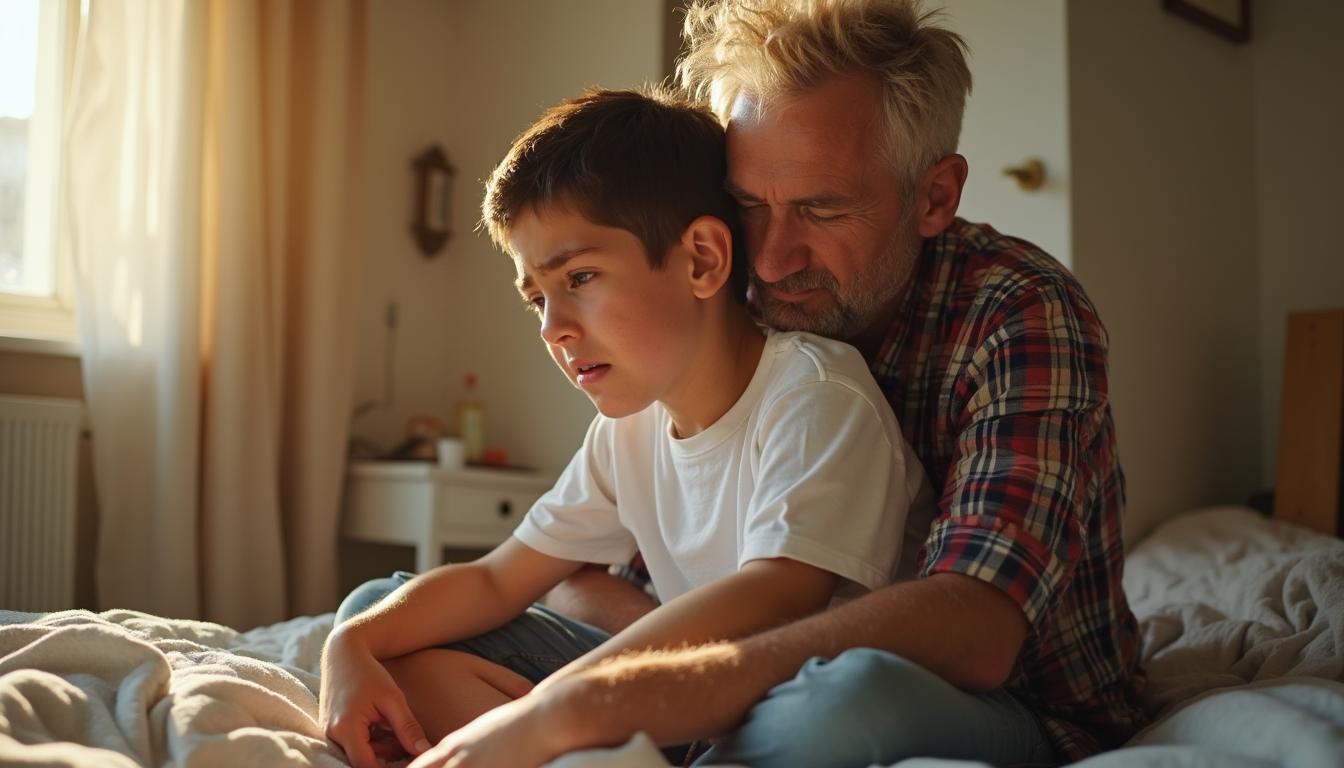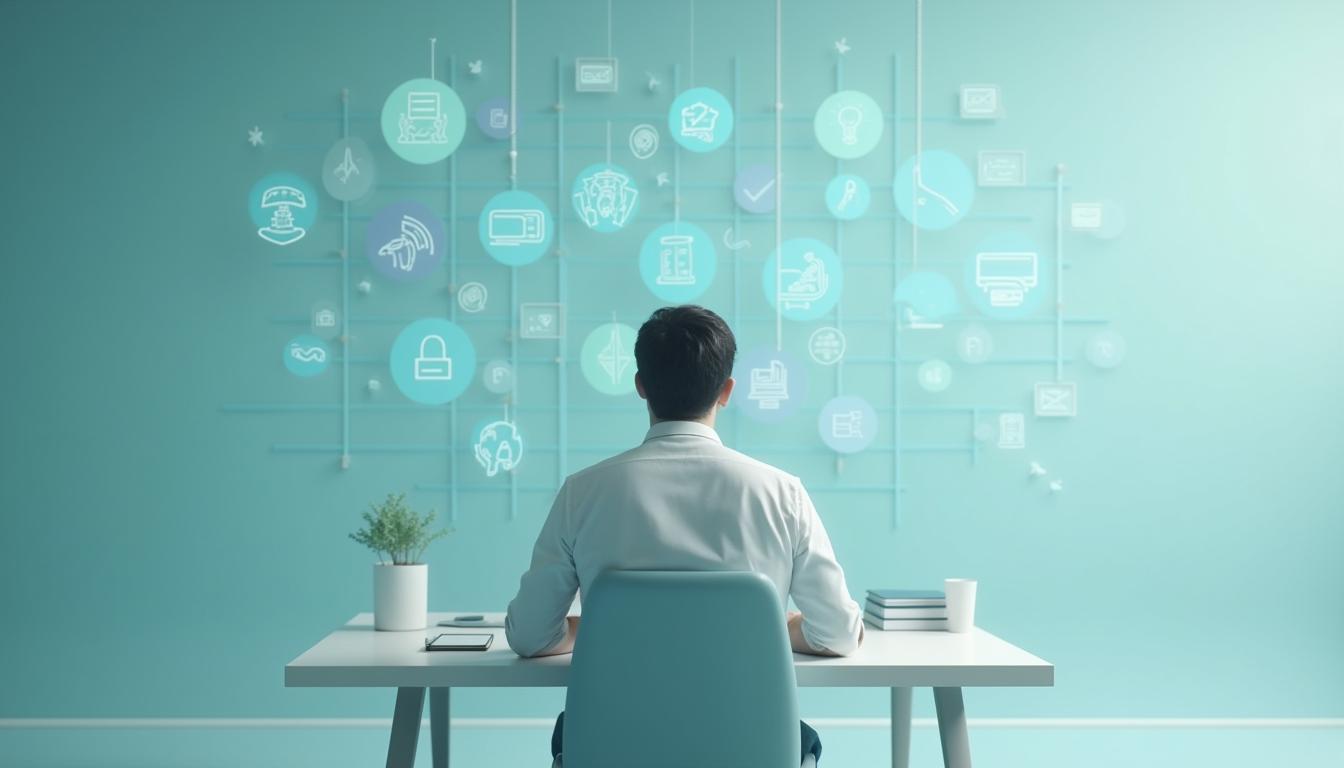Welcome to the Research and Strategy Services at in today's fast-paced.


Parents of gifted ADHD children often describe their child’s moods as a rollercoaster. One moment, joy and enthusiasm. The next, tears or anger.
This “emotional whiplash” isn’t manipulation. It’s a nervous system struggling to balance intensity and regulation.

Gifted children feel emotions more deeply. Paired with ADHD impulsivity, this intensity can turn small triggers into big waves (Dabrowski & Piechowski, 1977).
ADHD is strongly linked with challenges in regulating emotions. Kids may swing from excitement to distress faster than peers (Shaw et al., 2014).
After emotional flooding, ADHD brains take longer to return to baseline calm. What seems like “overreaction” is really slower self-regulation (Faraone et al., 2019).

Say: “I can see your feelings changed quickly — that’s hard.” Naming emotions helps kids feel understood instead of ashamed.
Over time, attention training helps kids pause before reacting. Building regulation skills reduces the intensity of emotional swings.
Emotional whiplash in gifted ADHD kids isn’t a flaw — it’s a sign of how intensely they experience life. With validation, tools, and practice, they can learn to ride the waves more smoothly.
Q: How do I tell the difference between normal moodiness and emotional dysregulation?
A: In ADHD, mood shifts are more frequent, intense, and harder to recover from than typical ups and downs.
Q: Should I correct emotional overreactions in the moment?
A: No. Correction in the heat of the moment often backfires. Wait until calm returns, then teach coping strategies.
Q: Can emotional swings improve with age?
A: Yes. With maturity and support, many kids develop stronger regulation skills. But ADHD often requires ongoing scaffolding.
Q: What role does cognitive training play?
A: Cognitive training can help ADHD kids improve resilience, which reduces the severity and frequency of emotional swings.
This article was originally published on Breakthrough ADHD and is republished here with permission.





Welcome to the Research and Strategy Services at in today's fast-paced.

Learn about Marc Van Loken's growing mission for brain health advocacy with Marvalous Health.

Learn about two pioneering centers led by Dr. Kakavas that integrate neuroscience, biomechanics, and elite rehabilitation methods.

Learn how combining holistic ADHD strategies can form a foundation for lasting progress.
.png)